The 27th amendment to the Pakistan constitution received the assent of President Asif Ali Zardari on November 13. It came into effect immediately. It brought in fundamental changes in the country’s judicial set-up by setting up a Constitutional Court and reducing the Supreme Court’s jurisdiction to only civil and criminal matters.
The amendment also introduced fundamental changes in the command structure of the country’s defence services. It did so by amending Article 243, which deals with the Armed Forces of Pakistan. Now, the army chief will also be concurrently chief of the Defence Forces. With that, the office of the Chairman, Joint Chiefs of Staff Committee stands abolished. This has greatly strengthened the constitutional position of army chief.
The 27th amendment is continuing to be greatly criticised by sections of the country’s liberal elite and legal fraternity as well as academia and some political circles. Writing on the amendment, Pakistan’s leading newspaper Dawn noted, “The separation of powers and basic structure established by the 1973 Constitution of Pakistan—which envisioned an independent judiciary and armed forces subservient to the civilian dispensation—now stands terminated. The irony isn’t lost here that instead of the military, an independent judiciary has been amended away into a subservient department of the executive branch.”
In the same vein, Maleeha Lodi, an eminent journalist turned diplomat, wrote after the amendment was tabled but before it was passed, “Pakistan’s slide into authoritarianism has been unmistakable over the past three years or more. Now a fresh move will reinforce the trend of democratic regression. The 27th constitutional amendment tabled in parliament will alter the country’s judicial structure with significant implications for governance and democracy.”
These liberal views on the amendment are hypocritical. The fact is that the Pakistani elites and scholarly circles have never really cared for constitutional and democratic values. Throughout Pakistan’s history they have been ever willing to sacrifice the basic tenets of democracy for their own interests.
Quick Reads
View AllBesides, there is another reason why they have never stood up to the army. This is because it has instilled in the people of Pakistan, including in the elites, a fear of India as the country’s perpetual enemy. This has led the people to make sacrifices for the army. These have included allowing the men in khaki to milk the land for their own benefit. There is perhaps no army in the world which is as large a country’s industrial behemoth as the Pakistan army is. All this would not have been possible except with the concurrence of the people, which includes the Pakistani elites.
The constitutional amendment formally makes the army chief the chief of the defence forces. In reality this has always been so. The Pakistan army considers the air force and the navy as technical elements. They have never been willing to share power with them either when they have ruled the country directly on four occasions in the past or when they have controlled elected or civilian governments from behind the scenes. On their part, the air force and navy have accepted this situation because of the crumbs they have been given through arrangements for housing or getting a part of the spoils in the army’s industrial conglomerate.
Despite the humiliating defeat of Pakistan in Operation Sindoor, the unchecked power of the Pakistani army chief was in sharp display. The India-Pakistan military engagements were of an aerial nature, where the two countries’ air forces engaged each other. There was no movement of ground troops, though both countries used their firepower to shell each other’s areas. Thus, the Pakistan army did not engage its Indian counterpart, and yet it was the army chief who was made a field marshal!
This is undoubtedly the first time in military history that a four-star army chief has got the fifth star without his force going into action. Normally, there would have been great unhappiness in the air force about Asim Munir becoming a field marshal, but there is no evidence that this was so. This shows how far the men in khaki dominate Pakistan, and that includes its air force and army.
In this context it would not be surprising that even though President Donald Trump may call Asim Munir his favourite field marshal and give him lunch at the White House, he would have little respect among his peers in the major armies of the world. Certainly, the fifth star on his epaulette has not been earned. It is not known how the corps commanders in the Pakistan army have considered his appointment as field marshal.
Naturally, the men would never comment publicly, but, in time, their sentiments would become known about what was clearly a star given by the present Pakistani elected leadership for political reasons and not for any military skill demonstrated by Asim Munir. Yes, he is a ‘Hafiz-e-Koran’, but that also is not a skill which merits the rank of field marshal except perhaps in the ’land of the pure’!!
As for the creation of a Constitutional Court, it does not alter the tradition of the Pakistan judiciary really being the handmaiden of the Pakistan army. This has been the case except for brief periods when it has exercised its independence, but it did that only when it felt that it was safe to do so. The tradition of judicial subservience to the army goes back to the days of the first army coup by General Ayub Khan in 1958. He set aside Pakistan’s constitution, which had taken nine years to establish, only two years after its adoption.
The matter went to the Pakistani judiciary, which justified it on the basis of the ‘doctrine of necessity’. It is generally believed that this was the first time that the Pakistani courts used this doctrine.
However, a note on the website of the Asian Human Rights Commission of 2007 notes, “This doctrine was first used in 1954, just seven years after the creation of Pakistan. The Governor-General, Ghulam Mohammad, dissolved the first Constitutional Assembly and the government of Prime Minister Khawja Nazim Uddin. This motion was challenged in the Sindh High Court, which held that the dissolution had been illegal and unconstitutional. However, on appeal, the Chief Court of Pakistan, which was later renamed the Supreme Court, decided that the governor-general had acted correctly. Then Chief Justice Muhammad Munir thus created the so-called doctrine of necessity”.
A judiciary which has relied on this doctrine to justify coups has at times sought to assert itself, but it has done so only when it has felt safe to do so. When it was confronted with danger, it did not. Thus, it upheld the death sentence against Zulfikar Ali Bhutto. That judgement has rightly been called a ‘judicial murder’. Yes, it held former Pakistan President and earlier army chief Pervez Musharraf guilty of treason, but that was only after he was no longer army chief. It was then safe for the judges to do so.
This does not mean that there are no judges without the right judicial conscience in Pakistan, but as an institution the Pakistan judiciary has a very poor record, and it has never been really independent. Hence, it matters little if now major cases involving the political life of the country are heard by a Constitutional Court which is likely to be aligned with the powers that be, especially the army.
Those who seek a democratic Pakistan chase a mirage. That is because the fault lies in the very ideology which created it, and there is no way the army will be willing to give it up. Thus, Pakistani liberal opinion is of little consequence, and those in India who think it matters, or one day it will, are simply mistaken.
(The writer is a former Indian diplomat who served as India’s Ambassador to Afghanistan and Myanmar, and as secretary, the Ministry of External Affairs. Views expressed in the above piece are personal and solely those of the author. They do not necessarily reflect Firstpost’s views.)


)
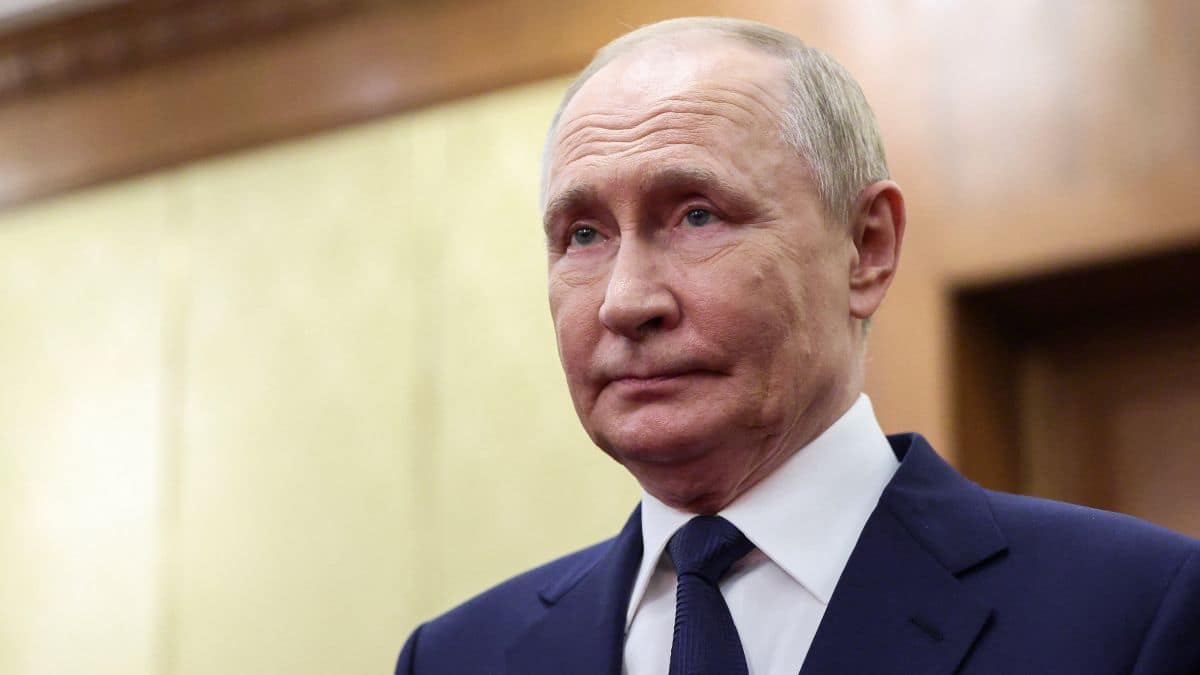
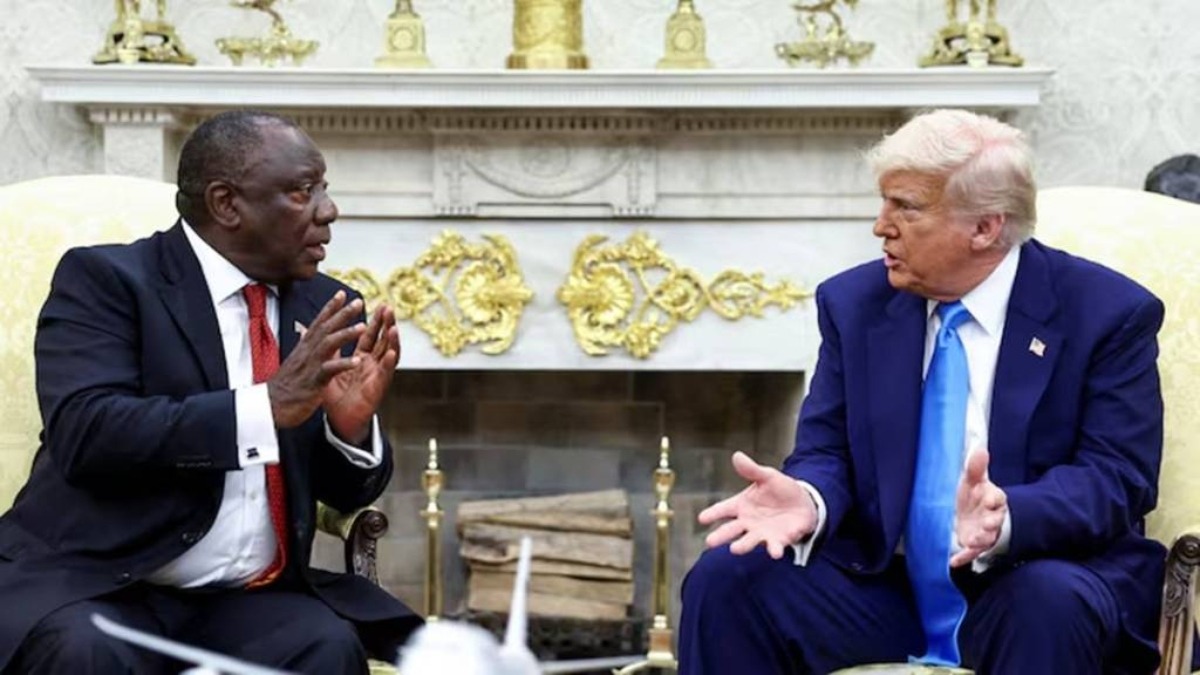)
)
)
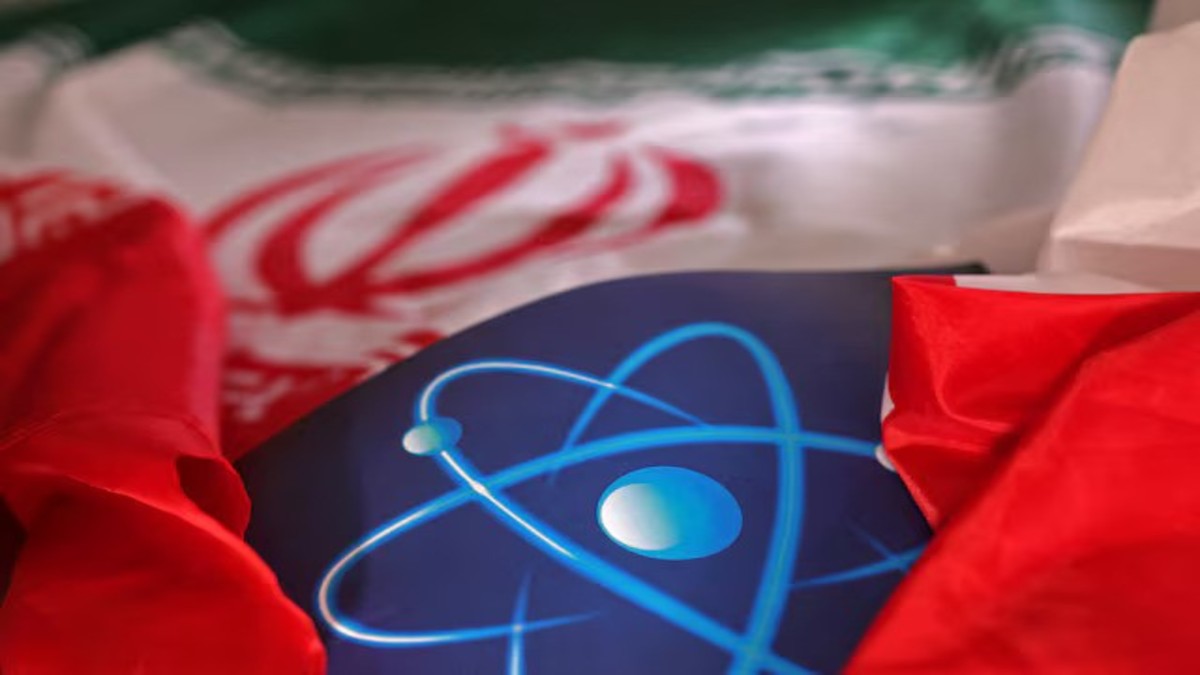)
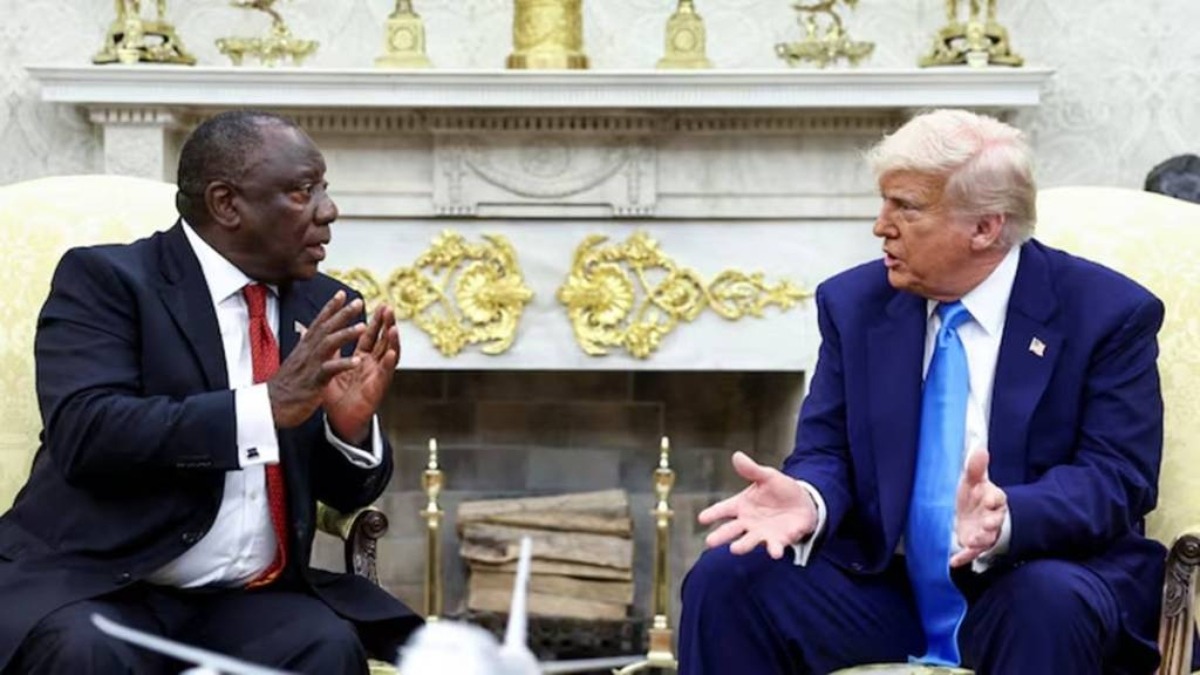)
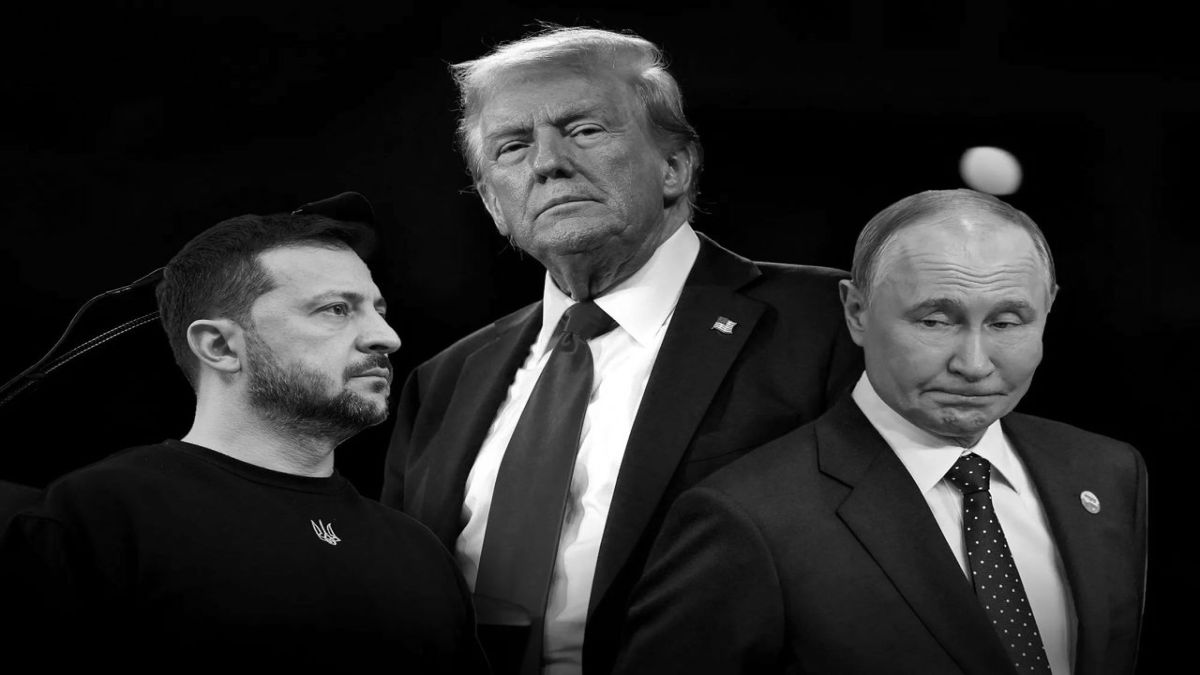)
)
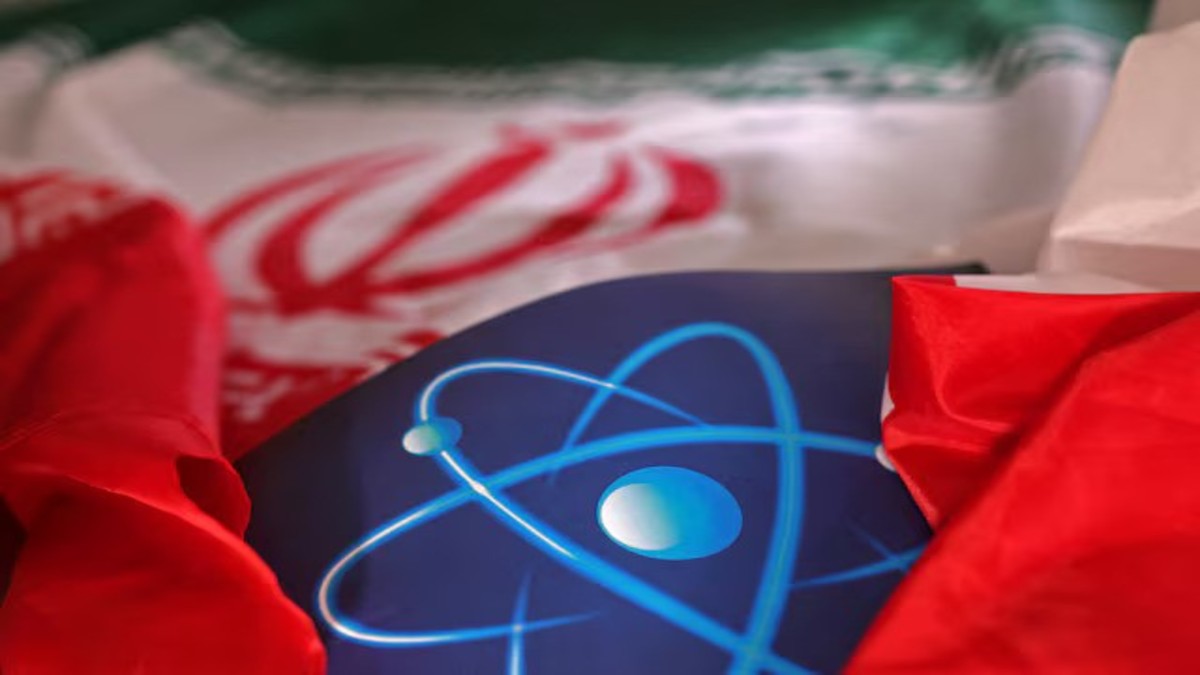)



